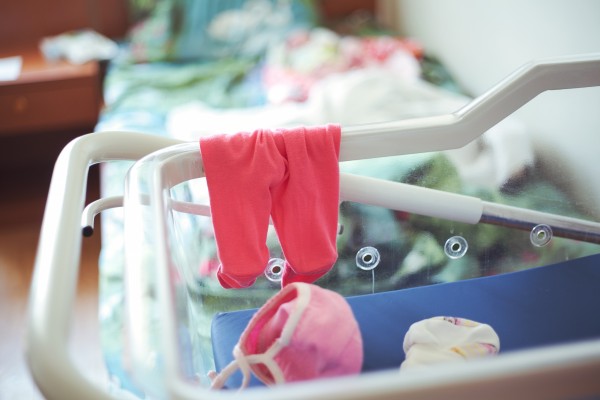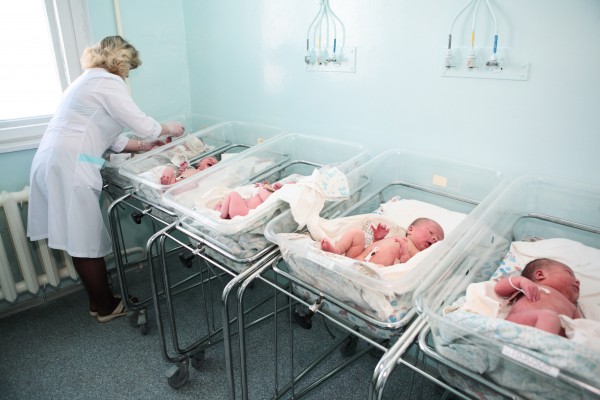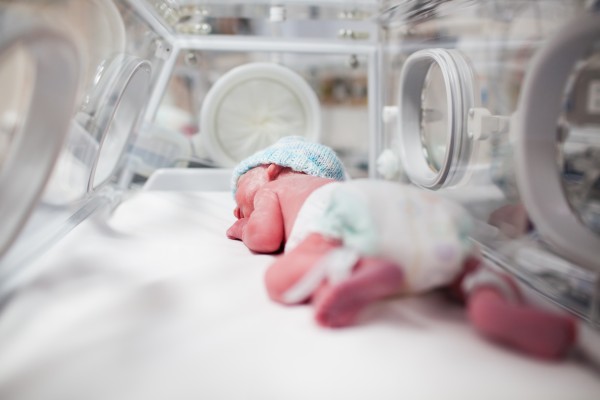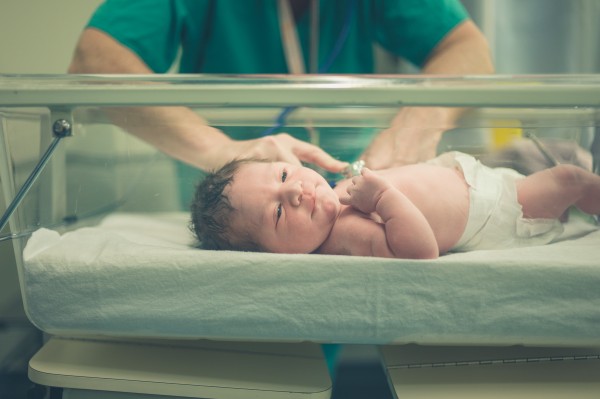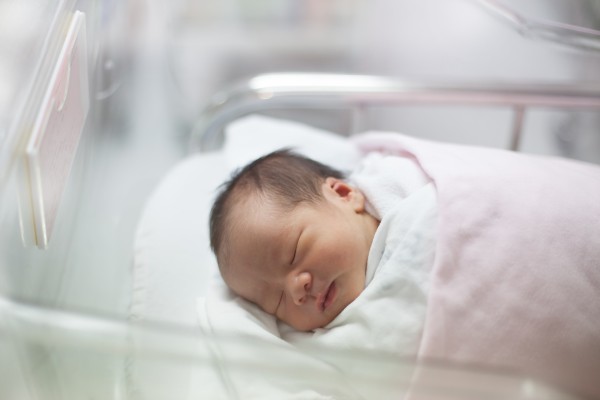In domestic infant adoptions, the delivery and hospital stay of the child and biological mother is a tender yet nerve-wracking time for everyone involved. There are very strong, conflicting emotions going on with both biological and hopeful adoptive parents. It can be awkward and scary. But it can also be beautiful. Here are a few tips on proper etiquette during the hospital stay.
Guide To Hospital Etiquette For The Delivery Of Your Adopted Child
Labor and delivery of the child you might adopt can be a tough subject to discuss, but not having a birth plan is even tougher.
Labor and delivery can be a tough subject to discuss, but not having a birth plan is even tougher. Biological and hopeful adoptive parents need to sit down and outline a general plan. When will bio mom notify the hopeful adoptive parents that she’s in labor? Will they be in the delivery room? Will they come to the hospital at all, or will placement occur afterwards? If adoptive couples do come to the hospital, will they stay overnight, or just visit during the day? How long is it okay to visit bio mom and baby? These are a lot of questions, but they need to be answered to make sure everyone is comfortable.
Of course, plans change. I can guarantee that everything will not go exactly how you planned it. Sometimes unexpected things happen, or one party or the other needs to adjust the plan because emotions in the thick of it are often quite different than they are while making the plan. Roll with the punches while sticking as close to the plan as is comfortable.
This is the only way to have a positive hospital experience. Communication before, during, and after placement is of the utmost importance in open adoption. Birth parents need to speak up and make their needs known. Hopeful adoptive parents need to be truly listening and understanding. It’s impossible to read each other's minds, so you need to talk about things, even if it’s hard.
I say biological rather than birth parents in this article because until a woman signs legal papers relinquishing her parental rights, she is not a birth mother. She is simply a mother, regardless of any agreements she may have made beforehand. She has the right to spend as much or as little alone time with baby in the hospital as she would like. She makes medical decisions for baby as long as she is guardian. She can change her mind and decide to parent at any time before signing. The hospital experience is about her and the baby, not the hopeful adoptive parents.
Remember the difficult and tender feelings the biological mother feels. She has just gone through the physical trauma of labor and delivery, and is about to go through the emotional trauma of saying goodbye to her baby. I had two days in the hospital with baby R before I placed her into the arms of her adoptive parents. Those two days were the most beautiful, heartbreaking days of my life. I needed to have time to bond with my baby before she became her parents’ baby. I needed to care for her at night, dress her, sing to her, and cry. I needed time to say goodbye. Not every woman who places will have the same needs that I did, but she does have the same right to do what she needs to. I will be forever grateful for little R’s adoptive parents for respecting my wishes in the hospital. These same guidelines also apply for the biological father, if he is involved.
A biological mother relinquishing her parental rights and the actual placement of the baby can be two separate things. Oftentimes, the adoptive couple comes to the hospital after relinquishment is signed, and the birth mother physically places her child into the arms of the adoptive parents. This can be a very tender, ceremonious experience.
If you choose to do this, iron out the details beforehand. Around what time after delivery will the actual placement be? Are photos of the event okay? Who all will be there? Making sure both parties are comfortable with this will help you avoid regrets.
Sometimes when people talk about adoptees, they are viewed almost as objects rather than people with feelings. Of course, an infant adoptee will not understand what’s going on, but they will likely have very strong feelings about it later on. An adoption placement is not about a baby being ‘yours’ or ‘theirs.’ It is about both sets of parents coming together to love and care for this child forever. Keep this in mind when talking to other people about your adoption placement, and especially be careful when talking to your child about the day they were placed.
The hospital experience can be overwhelming, sure. But it doesn’t have to be. Keeping in mind the feelings of all involved, being respectful, and making an effort to communicate will make the hospital stay a special, memorable experience. A positive time in the hospital will also lay the groundwork for a healthy, happy future in your adoption relationship.

Guest Post.
The views and opinions expressed through Adoption.com Articles are those of the authors and do not necessarily reflect the official policy or position of Adoption.com. If you would like to report any articles for us to review, we would love to hear from you.
